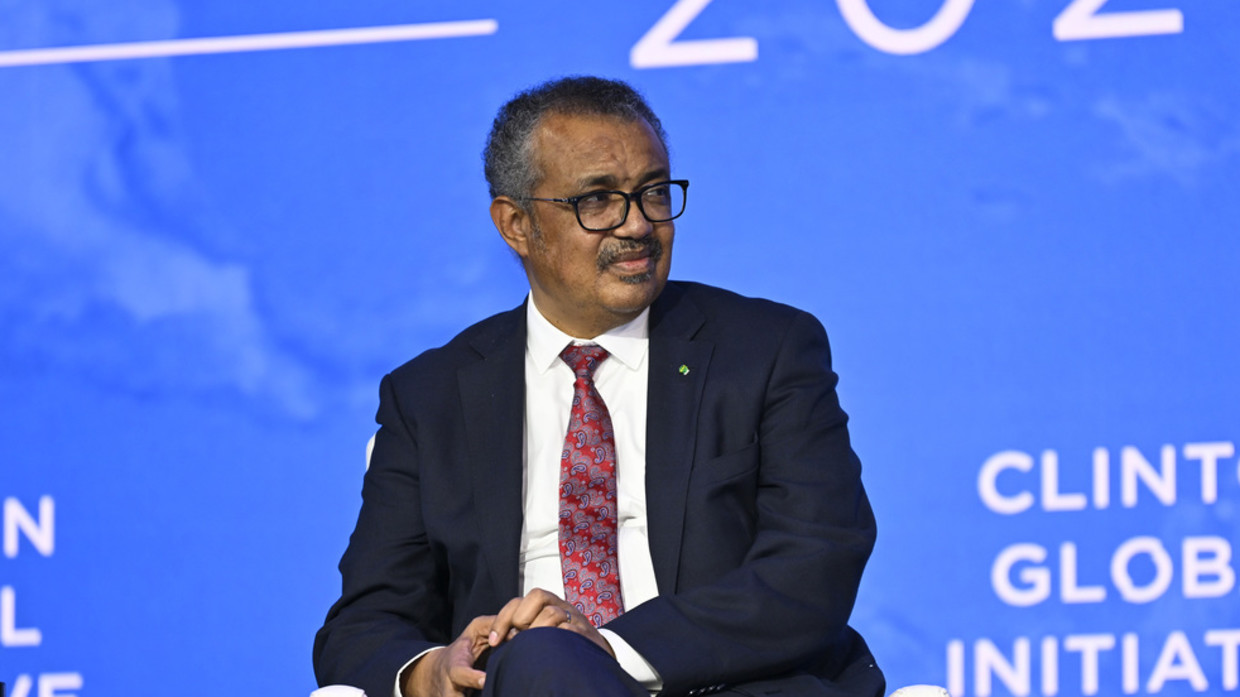The Covid-19 pandemic will no longer be considered a global health emergency by the end of this year, World Health Organization (WHO) Director-General Tedros Adhanom Ghebreyesus said on Tuesday.
Speaking at the University of Michigan, where he was awarded the Thomas Francis Jr. medal for his contribution to healthcare, Tedros said he’s “confident that at some point this year we will be able to say that Covid-19 is over as a public health emergency of international concern – and as a pandemic.”
The WHO chief noted that the weekly number of reported deaths is now lower than when the organization first used the word “pandemic” to describe the Covid-19 outbreak three years ago on March 11, 2020.
Tedros stressed that while the pandemic may end this year, it is important to remember that nearly seven million lives lost to the virus and learn lessons from the outbreak. “If we do not, we will repeat the cycle of panic and neglect that has been the hallmark of the global response to epidemics and pandemics for decades,” he said.
The health official outlined three main takeaways from the Covid-19 pandemic. The first was the importance of public health. Tedros called on all countries at all income levels to invest in a robust primary healthcare system, capable of detecting outbreaks at the earliest possible stages.
The second lesson, according to the health chief, was the importance of science and the dangers of politicizing issues like masks, vaccines and lockdowns, which ultimately “impeded the response to the pandemic and cost lives.”
He also pointed out that the question of how the pandemic started remains unanswered due to a “lack of cooperation from China” which, he said, has refused to be transparent in sharing data and conduct “the necessary investigations and share the results.”
Finally, the director-general said the third lesson was the importance of cooperation. Tedros stated that one of the defining characteristics of the Covid-19 pandemic was the lack of cooperation and coordination on the part of the international community due to “narrow nationalism.”
To that end, the WHO has proposed a so-called ‘pandemic accord’ – an agreement between nations to work in cooperation with each other to prepare for and respond to future epidemics and pandemics.


